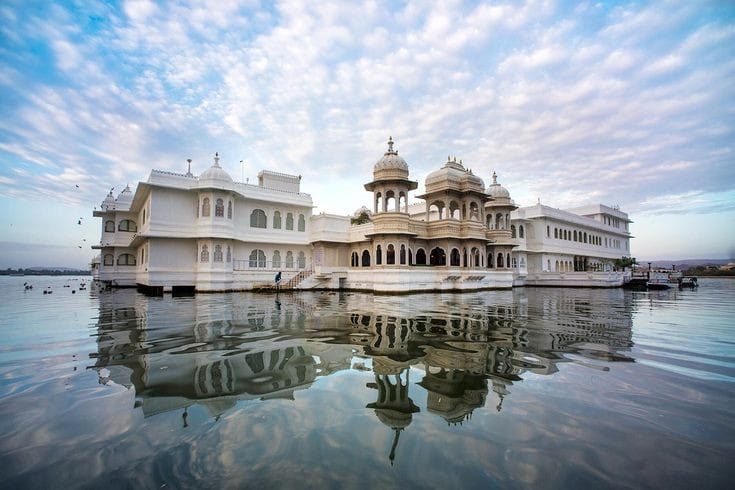The economy is the backbone of any country, and it plays a vital role in determining its growth and development. An economy is a system of production, distribution, and consumption of goods and services within a society. The state of the economy can have a significant impact on the standard of living of the people, and it is, therefore, essential to understand its dynamics.
The economy of a country can be divided into three sectors: primary, secondary, and tertiary. The primary sector is concerned with the extraction of natural resources like agriculture, forestry, and mining. The secondary sector is concerned with the manufacturing of goods, while the tertiary sector is concerned with the provision of services like healthcare, education, and finance.
The state of the economy is measured by several indicators, including gross domestic product (GDP), inflation, unemployment, and balance of trade. GDP is the total value of goods and services produced within a country in a given period. Inflation is the rate at which the general price level of goods and services in an economy is increasing. Unemployment refers to the number of people who are willing and able to work but cannot find employment. The balance of trade refers to the difference between a country’s exports and imports.
The economy of a country can be either a closed or an open economy. A closed economy is one where there is little or no interaction with other economies, while an open economy is one that is integrated with other economies through trade, investment, and other economic activities. The global economy is an example of an open economy, where countries interact with each other through trade, investment, and other economic activities.
The economy can be influenced by various factors, including government policies, natural disasters, technological advancements, and global events like wars and pandemics. Government policies like taxation, subsidies, and regulations can have a significant impact on the economy. For example, a government may reduce taxes to encourage investment and stimulate economic growth. On the other hand, a government may increase taxes to reduce the budget deficit or to address income inequality.
Natural disasters like earthquakes, floods, and droughts can have a significant impact on the economy, particularly in countries that depend heavily on agriculture. Technological advancements like the internet and automation have also had a significant impact on the economy, changing the way businesses operate and creating new industries.
Global events like wars and pandemics can have a significant impact on the global economy. Wars can disrupt trade and cause significant economic damage, while pandemics can cause widespread job losses and economic uncertainty.
The economy is a complex system, and its state can have a significant impact on the lives of people. A healthy economy can provide employment opportunities, increase the standard of living, and contribute to the overall well-being of society. It is, therefore, essential for governments and policymakers to understand the dynamics of the economy and take measures to promote its growth and development.
In conclusion, the economy is a vital component of any country, and its state can have a significant impact on the lives of people. The economy can be influenced by various factors, including government policies, natural disasters, technological advancements, and global events. It is essential for governments and policymakers to understand the dynamics of the economy and take measures to promote its growth and development. A healthy economy can provide employment opportunities, increase the standard of living, and contribute to the overall well-being of society.










